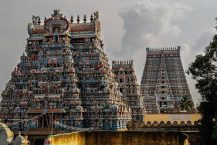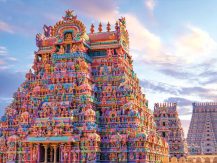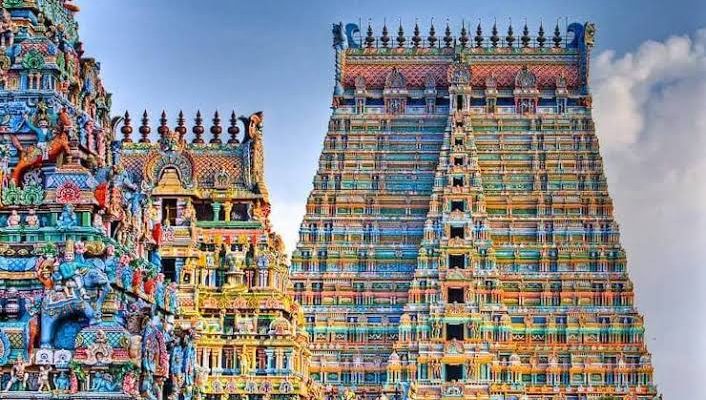From Our Bureau

NEW DELHI: The Supreme Court has sought a reply from teh Tamil Nadu government on a petition alleging that it has taken over indirect control of operation of 38,000 temples in the state.

The Indic Collective Trust moved the top court on recruiting the executive officials, without nominating the temple trustees and this has led to the mismanagement of the finances of the temples.
A Bench comprising Chief Justice of India D Y Chandrachud and Justice P S Narasimha heard the petition on Tuesday and sought the state government’s response.
The petition has sought reversal of the Madras High Court’s decision dismissing the trust’s plea. It said the executive officers are appointed for a maximum of five years but they are nominated indefinitely, with no conditions in their appointment letters.
It says the state has violated Articles 25, 26 and 29 of the Constitution of India by appointing Executive Officers in the Temples of Tamil Nadu, the petition said. A lot of damage has been caused to the interests of the Deity and Temple Devotees due to decisions taken by the Executive Officers relating to projects and activities costing crores of Rupees.
The petition says the state government has indiscriminately taken control of several temples without any valid reason. Senior advocate C S Vaidyanathan told the court that the executive officers diverted the temple money from the religious donations from the worshippers for their own wages and non-religious use.
The petitioner sought a directive to the Tamil Nadu government to recall all Eos who are serving without legitimate appointment orders, who were nominated without valid reasons or who were hired under Sections 43-A or 45 of the Hindu Religious and Charitable Endowments Act 1959 before the Conditions for Appointment of Executive Officers Rules 2015 came into force.
It alleged usurpation of the management of the temples and the executive officers paid from the temple funds, amounting to a direct affront on the rights of the Deity and Hindu devotees.





